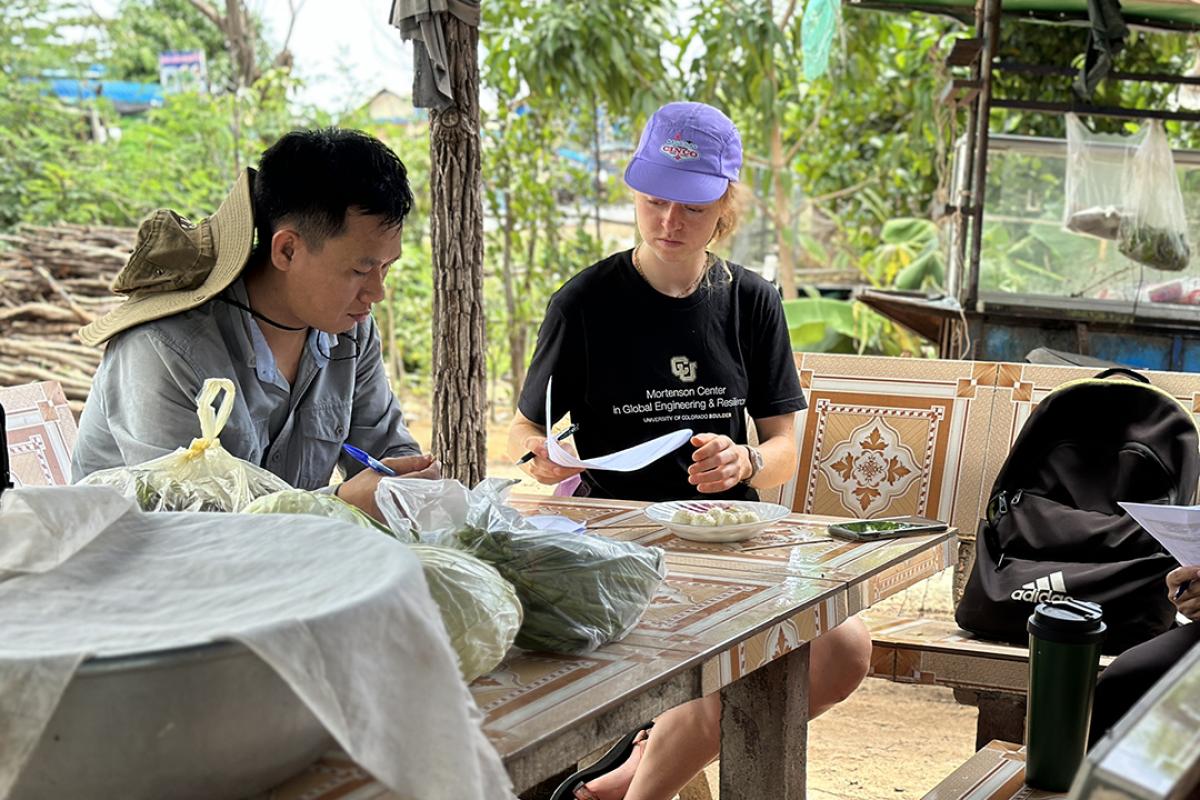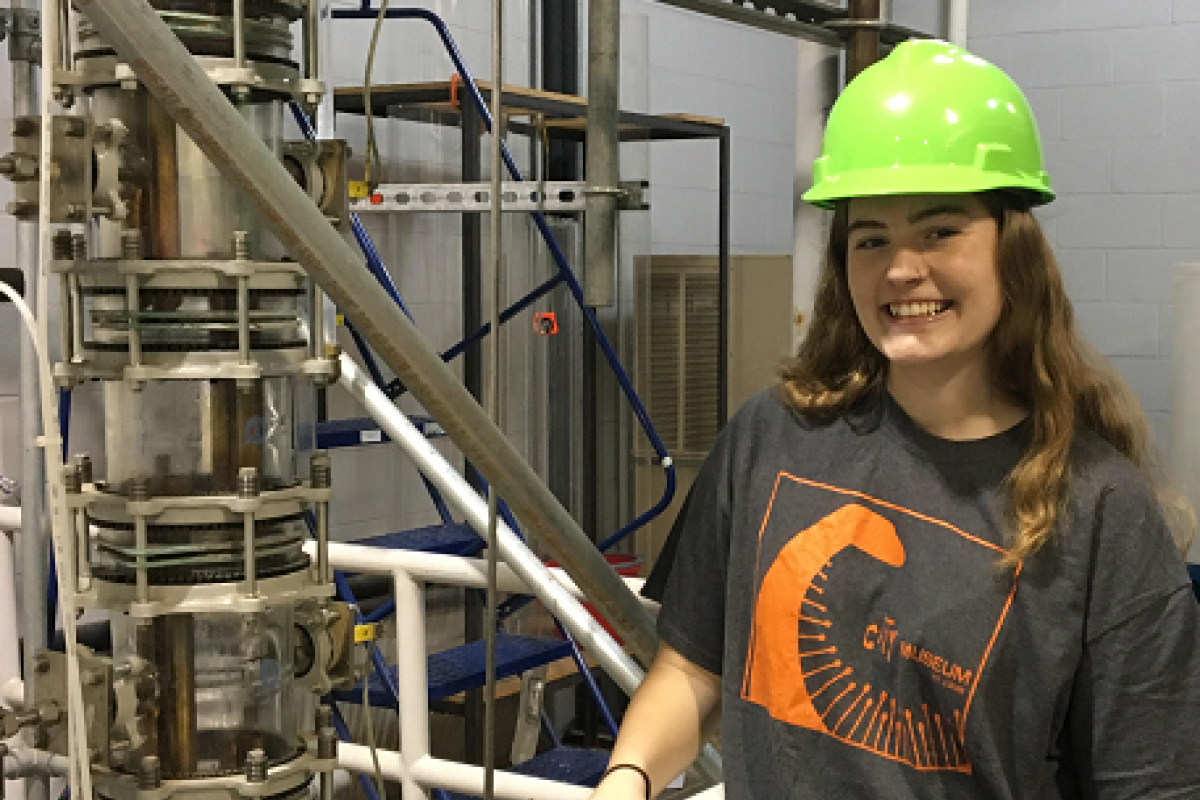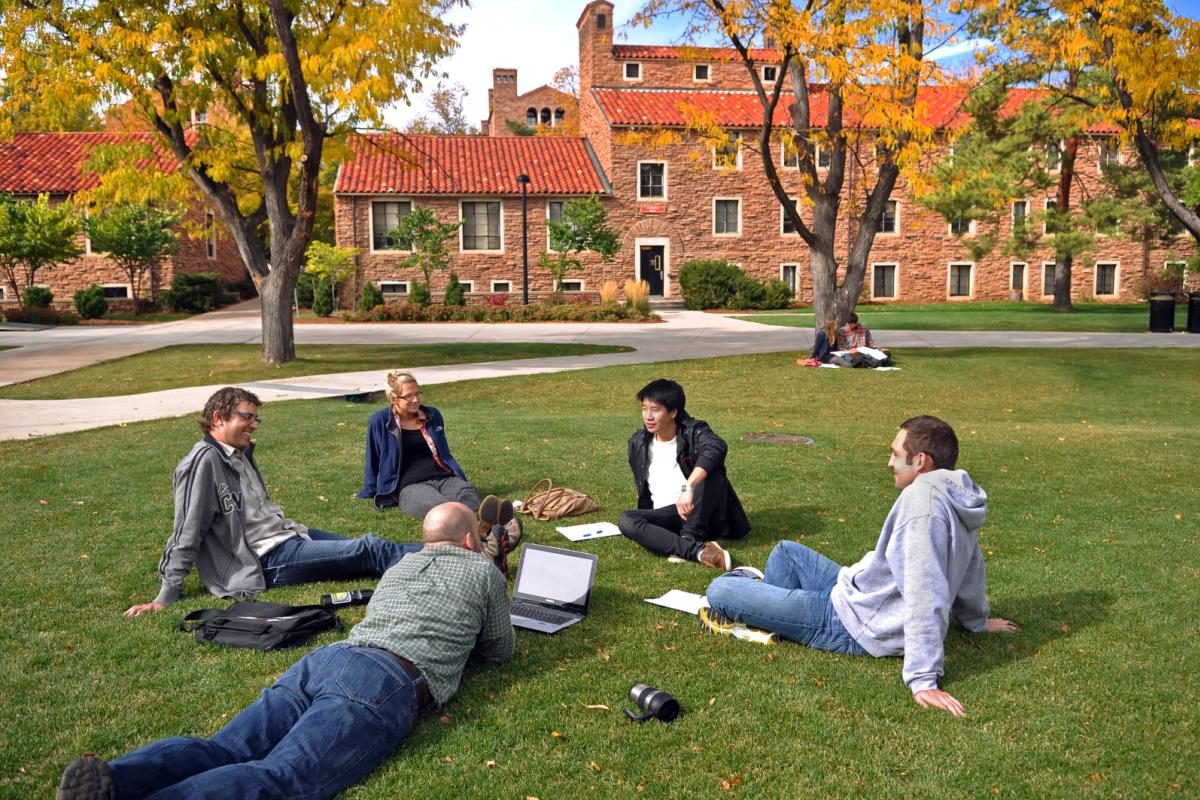Global Engineering Leaders in Education Research & Practice
Leaders in Global Development and Climate Resilience Education, Research & Practice
CU Boulder is a Top 25 Engineering Program in U.S. News and World Report Best Graduate Schools rankings for 2024-25.
The Mortenson Center trains engineers to work in partnership with institutions and communities worldwide to develop improved tools, technologies and methods to address global challenges.
Our program is based on the principle that students educated in Global Engineering should be prepared to solve engineering and science problems within the socioeconomic, environmental and political constraints often encountered in low-resource settings.

What our students are saying:
“What I treasure most about the Mortenson Center is the community—both faculty and students foster an environment ripe for meaningful discussions on pressing global issues. The conversational approach to learning in the program encourages us to apply our knowledge to real-world problems, especially the integrative approach to climate change across all courses.” —D. Valdivieso, PhDCivEng'24
Alumni Advice
Erica Brandt, Senior Program Manager, Bridges to Prosperity
"Tap into the Mortenson Center's community including fellow students, professors and alumni. Do work that interests you, not necessarily what you think you should do."
Diego Sanchez, Floodplain Administrator, County of Maui
"Think outside the box and reach out to people who have your 'dream job'. "








